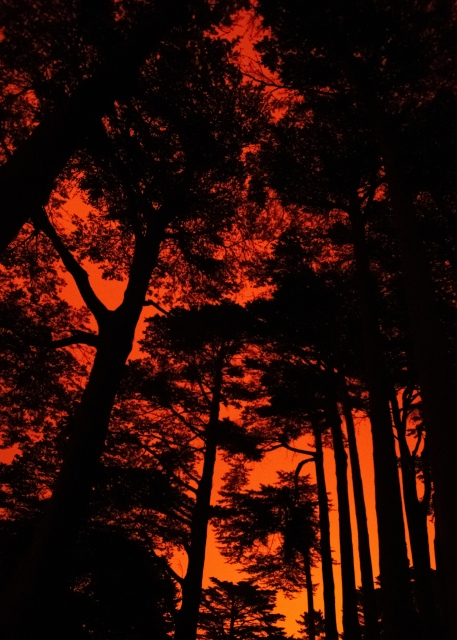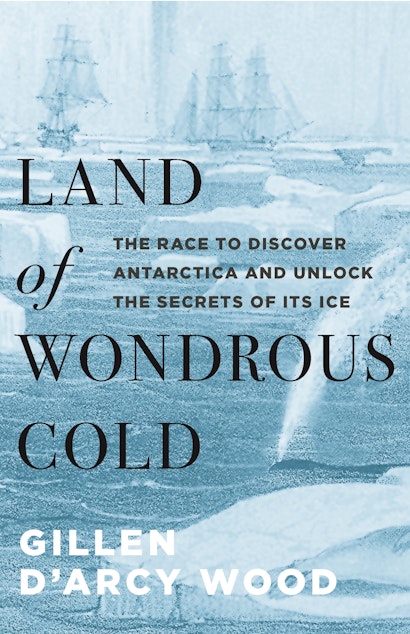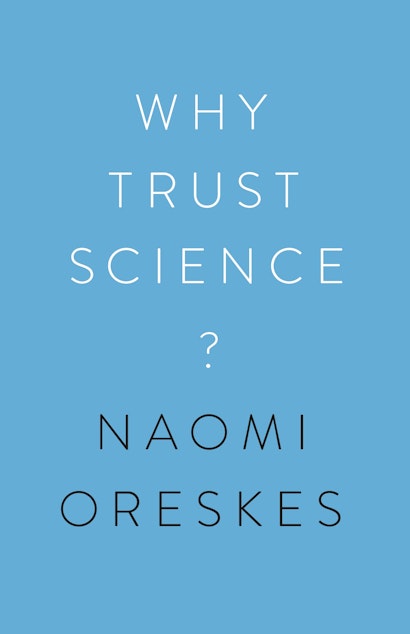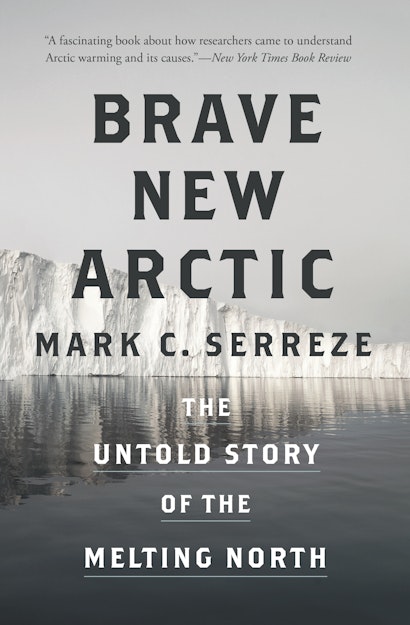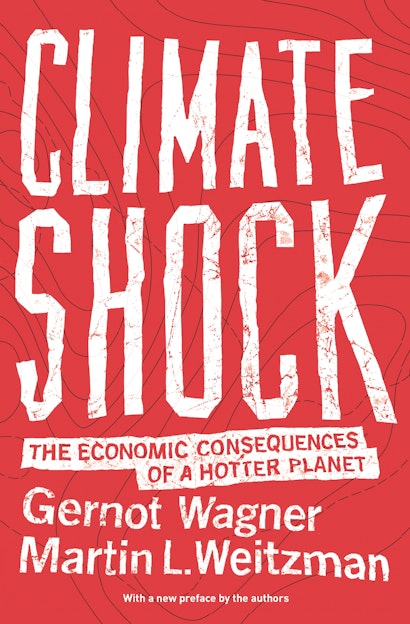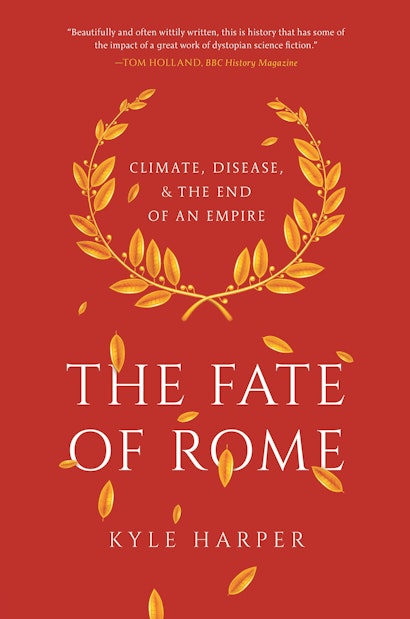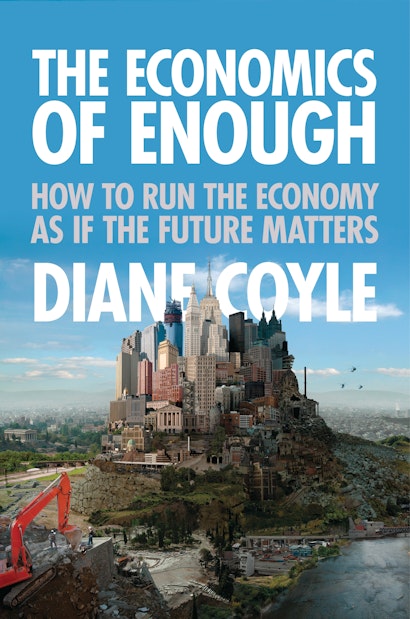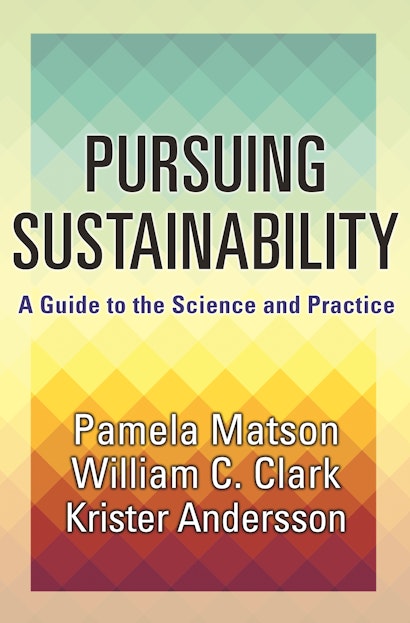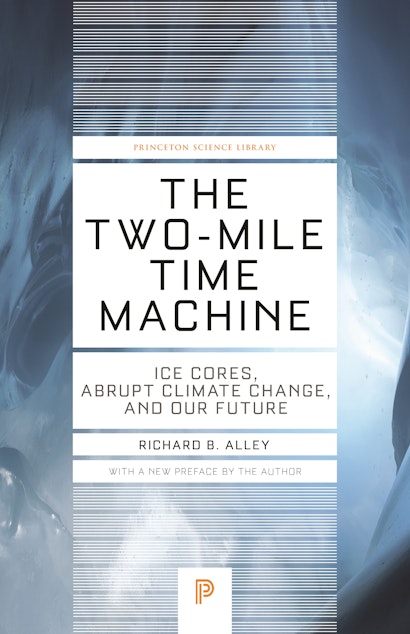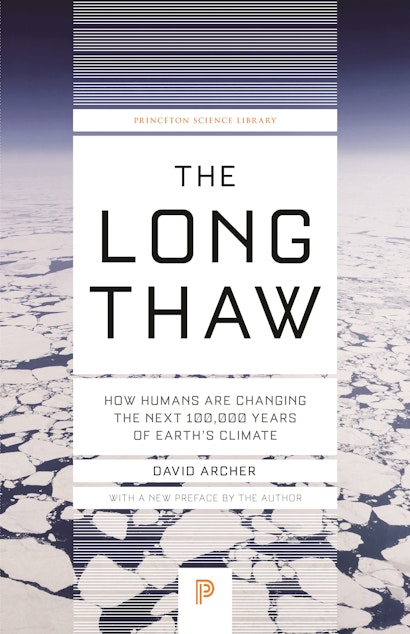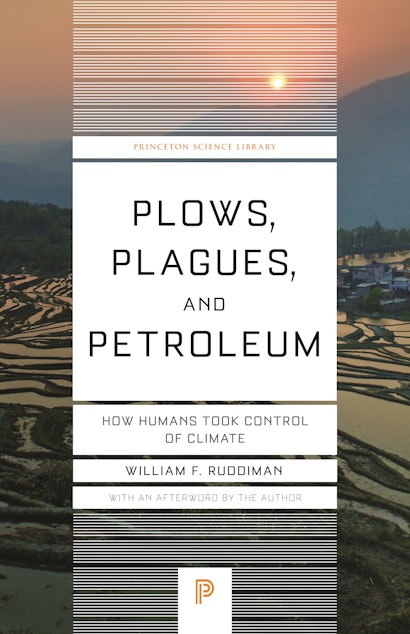Increased heat, drought, and wildfires are sobering reminders that we must renew our commitment to climate action and build a better future. As Climate Week NYC kicks off, these offerings can deepen your understanding about the science, economics, politics and history of climate change.
Antarctica, the ice kingdom hosting the South Pole, looms large in the human imagination. The secrets of this vast frozen desert have long tempted explorers, but its brutal climate and glacial shores notoriously resist human intrusion. Land of Wondrous Cold tells a gripping story of the pioneering nineteenth-century voyages, when British, French, and American commanders raced to penetrate Antarctica’s glacial rim for unknown lands beyond.
Do doctors really know what they are talking about when they tell us vaccines are safe? Should we take climate experts at their word when they warn us about the perils of global warming? Why should we trust science when our own politicians don’t? In this landmark book, Naomi Oreskes offers a bold and compelling defense of science, revealing why the social character of scientific knowledge is its greatest strength—and the greatest reason we can trust it.
In the 1990s, researchers in the Arctic noticed that floating summer sea ice had begun receding. This was accompanied by shifts in ocean circulation and unexpected changes in weather patterns throughout the world. The Arctic’s perennially frozen ground, known as permafrost, was warming, and treeless tundra was being overtaken by shrubs. What was going on? Brave New Arctic is Mark Serreze’s riveting firsthand account of how scientists from around the globe came together to find answers.
If you had a 10 percent chance of having a fatal car accident, you’d take necessary precautions. If your finances had a 10 percent chance of suffering a severe loss, you’d reevaluate your assets. So if we know the world is warming and there’s a 10 percent chance this might eventually lead to a catastrophe beyond anything we could imagine, why aren’t we doing more about climate change right now? We insure our lives against an uncertain future — why not our planet? In Climate Shock, Gernot Wagner and Martin Weitzman explore in lively, clear terms the likely repercussions of a hotter planet, drawing on and expanding from work previously unavailable to general audiences.
Here is the monumental retelling of one of the most consequential chapters of human history: the fall of the Roman Empire. The Fate of Rome is the first book to examine the catastrophic role that climate change and infectious diseases played in the collapse of Rome’s power—a story of nature’s triumph over human ambition.
The world’s leading economies are facing not just one but many crises. The financial meltdown may not be over, climate change threatens major global disruption, economic inequality has reached extremes not seen for a century, and government and business are widely distrusted. At the same time, many people regret the consumerism and social corrosion of modern life. What these crises have in common, Diane Coyle argues, is a reckless disregard for the future — especially in the way the economy is run. How can we achieve the financial growth we need today without sacrificing a decent future for our children, our societies, and our planet? How can we realize what Coyle calls “the Economics of Enough”?
Written by leading experts, Pursuing Sustainability shows how more inclusive and interdisciplinary approaches and systems perspectives can help you achieve your sustainability objectives. It stresses the need for understanding how capital assets are linked to sustainability goals through the complex adaptive dynamics of social-environmental systems, how committed people can use governance processes to alter those dynamics, and how successful interventions can be shaped through collaborations among researchers and practitioners on the ground.
Few of us have any conception of the enormous timescales in our planet’s long history, and this narrow perspective underlies many of the environmental problems we are creating for ourselves. The passage of nine days, which is how long a drop of water typically stays in Earth’s atmosphere, is something we can easily grasp. But spans of hundreds of years—the time a molecule of carbon dioxide resides in the atmosphere—approach the limits of our comprehension. Our everyday lives are shaped by processes that vastly predate us, and our habits will in turn have consequences that will outlast us by generations. Timefulness reveals how knowing the rhythms of Earth’s deep past and conceiving of time as a geologist does can give us the perspective we need for a more sustainable future.
In the 1990s Richard B. Alley and his colleagues made headlines with the discovery that the last ice age came to an abrupt end over a period of only three years. In The Two-Mile Time Machine, Alley tells the fascinating history of global climate changes as revealed by reading the annual rings of ice from cores drilled in Greenland. He explains that humans have experienced an unusually temperate climate compared to the wild fluctuations that characterized most of prehistory. He warns that our comfortable environment could come to an end in a matter of years and tells us what we need to know in order to understand and perhaps overcome climate changes in the future.
The human impact on Earth’s climate is often treated as a hundred-year issue lasting as far into the future as 2100, the year in which most climate projections cease. In The Long Thaw, David Archer, one of the world’s leading climatologists, reveals the hard truth that these changes in climate will be “locked in,” essentially forever.
The impact on climate from 200 years of industrial development is an everyday fact of life, but did humankind’s active involvement in climate change really begin with the industrial revolution, as commonly believed? Plows, Plagues, and Petroleum has sparked lively scientific debate since it was first published — arguing that humans have actually been changing the climate for some 8,000 years — as a result of the earlier discovery of agriculture.
Syukuro Manabe is perhaps the leading pioneer of modern climate modeling. Beyond Global Warming is his compelling firsthand account of how the scientific community came to understand the human causes of climate change, and how numerical models using the world’s most powerful computers have been instrumental to these vital discoveries.
Matsutake is the most valuable mushroom in the world—and a weed that grows in human-disturbed forests across the northern hemisphere. Through its ability to nurture trees, matsutake helps forests to grow in daunting places. It is also an edible delicacy in Japan, where it sometimes commands astronomical prices. In all its contradictions, matsutake offers insights into areas far beyond just mushrooms and addresses a crucial question: what manages to live in the ruins we have made? A tale of diversity within our damaged landscapes, The Mushroom at the End of the World follows one of the strangest commodity chains of our times to explore the unexpected corners of capitalism.
Also of Interest
Princeton Primers in Climate is a series of short, authoritative books that explain the state of the art in climate-science research. Written specifically for students, researchers, and scientifically minded general readers looking for succinct and readable books on this frequently misunderstood subject, these primers reveal the physical workings of the global climate system with unmatched accessibility and detail.
